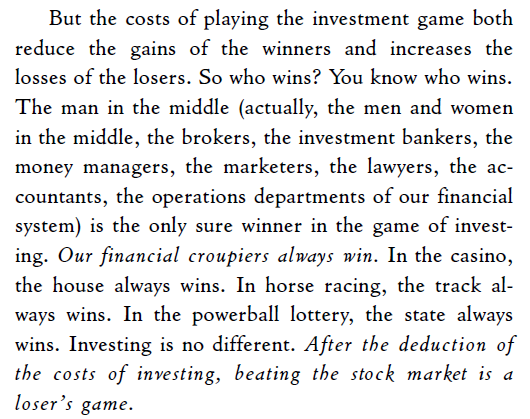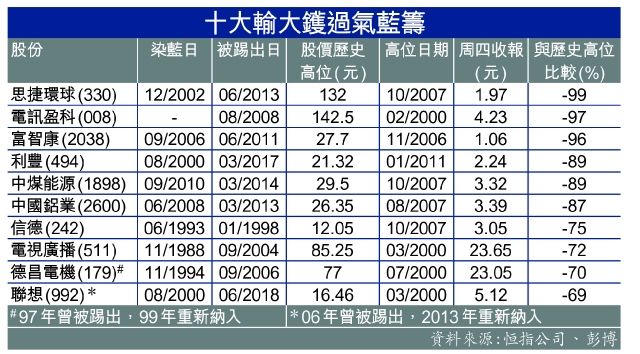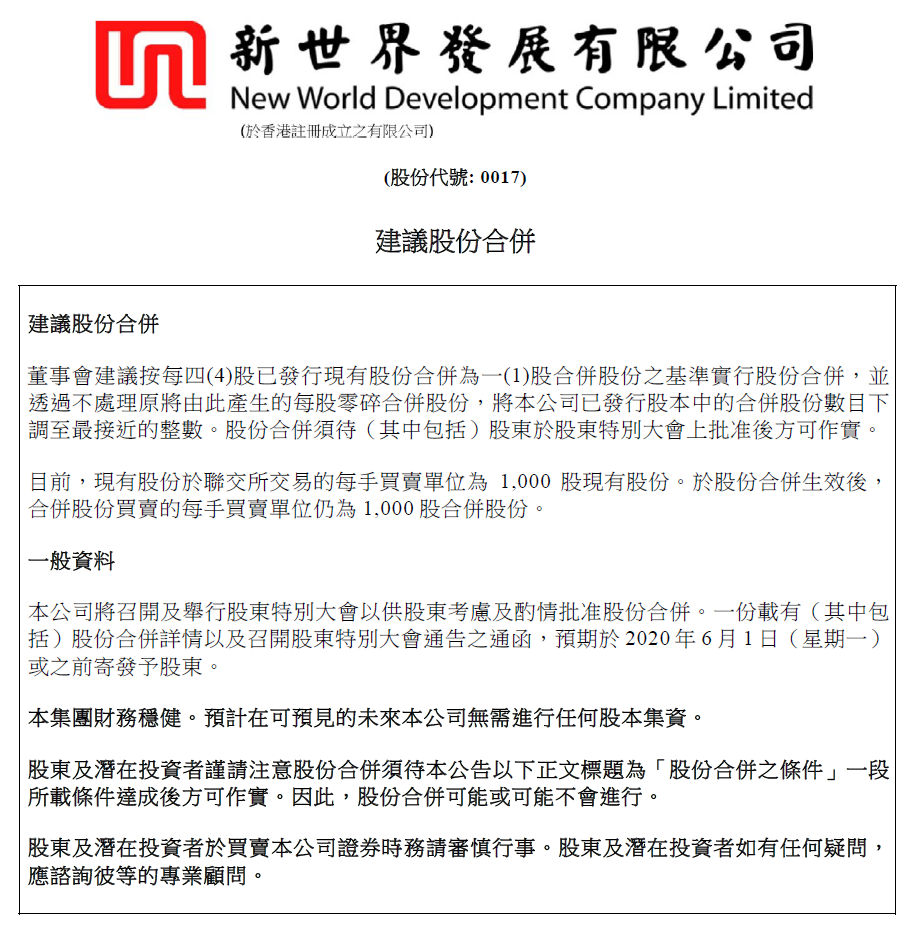Our Financial Croupiers Always Win 金融市場的最大贏家?
近來筆者閱讀了一本投資書籍,名為 The Little Book of Common Sense Investing (台灣中譯名:「買對基金賺大錢」),作者是 John C. Bogle,一位美國著名投資者,是股神畢菲特的好朋友,同時也是 The Vanguard Group (領航投資)的創辦人。
此書的主旨很簡單:投資是靠人所共知的常理,不是靠「專家」的資產管理,也不是靠人云亦云的投資建議,更不是靠頻繁的炒賣,甚或更糟糕的衍生工具交易。這裡所講人所共知的常理,是指投資的成本考慮:你辛辛苦苦賺來的錢,是否真正投資在優質資產裡,還是有一大部份跑進別人的口袋裡?
筆者摘錄了書中的一節,講述投資世界裡的真正贏家與輸家:
投資成本讓贏家的獲利減少,輸家的虧損增加。那麼誰是贏家呢?投資項目的中間人,包括經紀人,基金經理,市場營銷員,律師,會計師,金融市場的營運者,就是投資世界的大贏家。金融莊家就是永恆的大贏家。扣除這類投資成本後,跑贏大市變成不可能的事,投資者變相參與了一個必敗的遊戲。
關於投資的要訣,有不少價值投資者持有類近的觀點,包括股神畢菲特的工作夥伴,現任巴郡副主席的 Charles T. Munger,他是這樣看金融市場內的所謂「專家」及基金管理者的:
Charles T. Munger, Warren Buffett's partner at Berkshire Hathaway, puts it this way: "The general systems of money management [today] require people to pretend to do something they can't do and like something they don't. [It's] a funny business because on a net basis, the whole investment management business together gives no value added to all buyers combined. That's the way it has to work. Mutual funds charge two percent per year and then brokers switch people between funds, costing another three to four percentage points. The poor guy in the general public is getting a terrible product from the professionals. I think it's disgusting. It's much better to be part of a system that delivers value to the people who buy the product."
在整個財富管理業內,我們常要求財富管理者裝作去做一些他們根本不會做的事(即是指「為投資者帶來更高回報」)。從淨回報角度來看,財富管理這門生意並沒有為投資者帶來資產增值。這正正就是財富管理運作的模式。互惠基金每年收取2%的基金收費,經紀人協助投資者將資金從不同基金中切換,再收取額外3-4%的經紀費用。普羅大眾付錢予「專家」購買糟糕的投資產品。市場上本應該有一些真正能為投資者帶來價值的產品。
還有哈佛大學營運基金的前主席 Jack R. Meyer,他從1990年開始為哈佛大學管理資產,直至2005年,在他任內最後十年,基金錄得年度化回報15.9%。這些年來,以學術界營運基金資產值計算,哈佛大學長居世界第一。我們看看他對投資界的一些觀點:
Listen to Jack R. Meyer, former president of Harvard Management Company, the remarkably successful wizard who tripled the Harvard endowment fund from $8 billion to $27 billion. Here's what he had to say in a 2004 Business Week interview: "The investment business is a giant scam. Most people think they can find managers who can outperform, but most people are wrong. I will say that 85 to 90 percent of managers fail to match their benchmarks. Because managers have fees and incur transaction costs, you know that in the aggregate they are deleting value." When asked if private investors can draw any lessons from what Harvard does, Mr. Meyer responded, "Yes. First, get diversified. Come up with a portfolio that covers a lot of asset classes. Second, you want to keep your fees low. That remains avoiding the most hyped but expensive funds, in favor of low-cost index funds. And finally, invest for the long term. [Investors] should simply have index funds to keep their fees low and their taxes down. No doubt about it."
投資業界是一個極大的騙局。大部份人都認為他們能找到一些可以跑贏大市的基金經理,但這是錯誤的。85-90%的基金經理的回報表現無法達到市場基準。因為基金經理收取各類收費,交易費用等等,這些收費損害了投資回報。
投資者可以從哈佛大學營運基金學到兩件事:(1)分散投資,投資組合應分佈在不同的資產類別;(2)減低投資費用,避免投資過份吹噓回報但收費高昂的基金,而應該投資於低收費的指數基金;(3)作長線投資,投資者應該持有指數基金,確保低基金收費。這是毫無疑問的。
延伸閱讀:
- The little book of common sense investing: the only way to guarantee your fair share of stock market returns. Author: John C. Bogle
Publisher: John Wiley & Sons, Inc. (2007)




Comments
Post a Comment